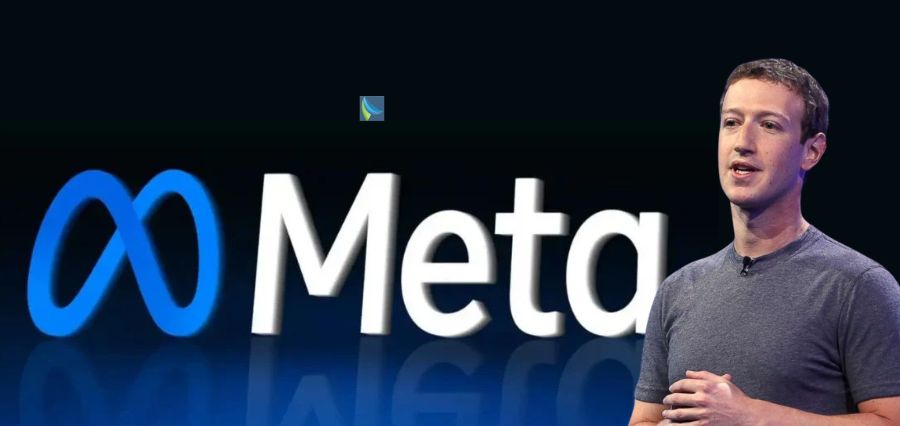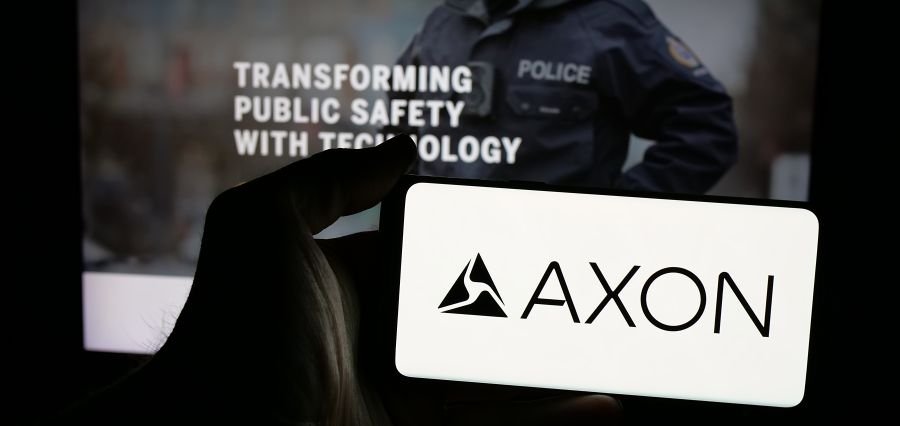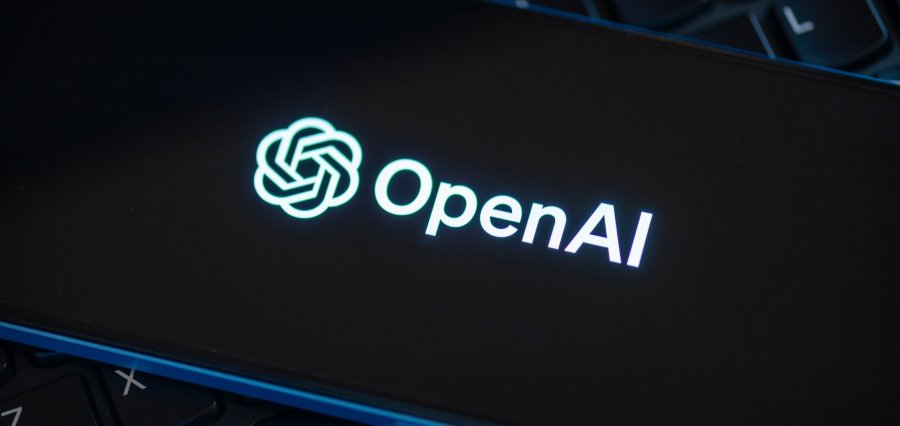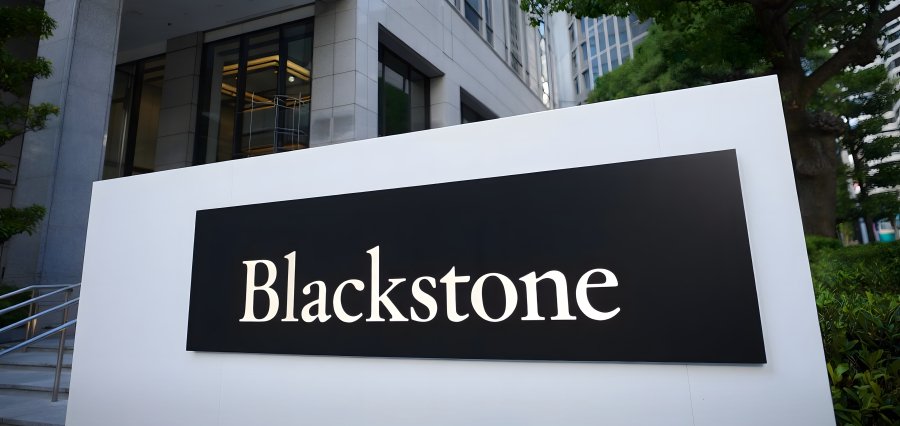Prime Highlights
- A US federal judge favoured Meta, rejecting a lawsuit by authors against AI training on copyrighted books.
- The judge said the plaintiffs did not establish substantial legal grounds or market harm wrought by Meta’s actions.
Key Facts
- The suit was brought by 13 writers, including Sarah Silverman and Ta-Nehisi Coates, against Meta for using pirated books to train its Llama AI model.
- The court awarded Meta summary judgment, saying the complaints lacked material evidence of copyright infringement or loss of market.
- The decision doesn’t sweepingly legalize the use of copyrighted material in training AI, but it does leave room for future court challenges.
Key Background
In a landmark legal ruling in the struggle over AI and copyright, a U.S. federal judge has sided with Meta in a 2023 suit brought by a group of 13 prominent authors. The case claimed that Meta employed their copyrighted books—derived from unauthorized shadow libraries such as Library Genesis and Z-Library—to train its Llama large language model without requesting permission or paying compensation.
The authors, who happen to be famous writers like Ta-Nehisi Coates, did not hold back in arguing that their creative work was unjustly exploited for the progress of technology. Their principal argument in the law was based on the fact that Meta’s use was not “transformative” and that its use endangered the marketplace for their original works.
Meta defended itself by saying that training AI models on large sets of data, such as text within books, is a transformative act. It said that Llama does not copy the copyrighted works literally, and that its training process brings added value by allowing new and different functionalities not provided by the original work. Meta further argued that there was no concrete evidence that its AI models could displace or hurt the market for authors’ books.
U.S. District Judge Vince Chhabria concurred with Meta, deciding that the authors did not have enough evidence to pursue the copyright infringement claim against them. In particular, he mentioned that the authors were not able to prove actual market harm or specifically state how Meta’s model infringed their protected work directly. Based on this, he granted Meta summary judgment and dismissed the case.
Yet the judge underlined that the decision is only narrow and is exclusive to this case. It must not be interpreted as a blanket judicial approval of applying copyrighted content in training AI. The ruling keeps the door open for the prospect of subsequent lawsuits with better evidence or other legal perspectives.
This decision, and a batch of similar cases, represents a watershed in the legal limits of AI development, copyright, and content ownership in the digital era.
Read More: Lexus LFR Testing Spotted Against AMG on California’s Angeles Crest Highway
















